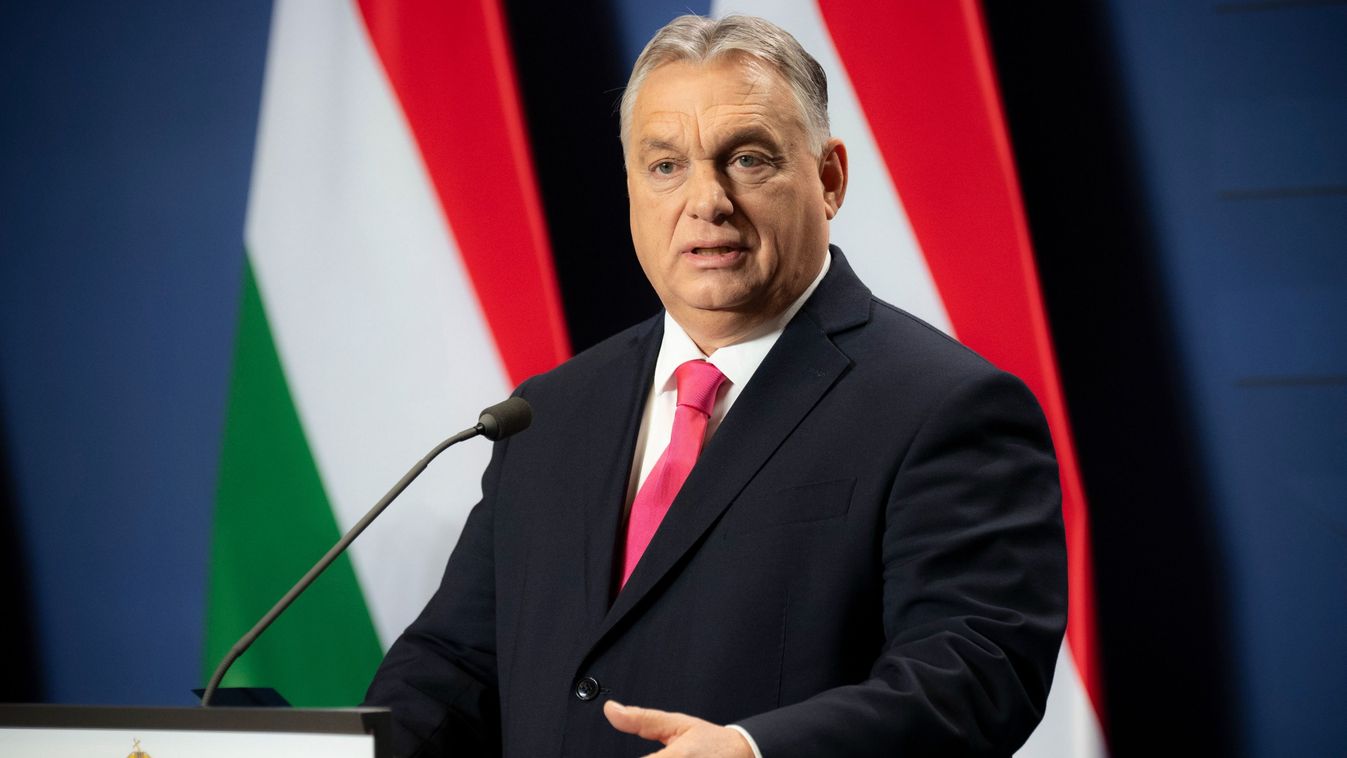Speaking from Brussels during the second day of the EU summit, Prime Minister Viktor Orbán explained the reasons why several EU member states are opposed to Ukrainian grain exports in an interview with the state Kossuth Rádió.
“The EU imposes extremely bureaucratic and strict rules on European farmers — how to farm, what chemicals they can and cannot use, whether they can use genetically modified seeds, what environmental aspects of farming they have to take into account, how much fertilizer they can use. Often, they reduce productivity with standards that go beyond what is reasonable. There are no such rules in Ukraine,” the prime minister said.
“There are few countries that produce more than they consume, and Hungary is one of them,” Orbán pointed out. “If he (the Ukrainian producer) can sell this product cheaper than the Hungarian farmer, he is taking away the Hungarian farmer’s market,” the prime minister said, before warning:
“Today we are suffering from this, and it is a very serious problem for Hungary. Hungarian farmers have been able to sell part of their produce in Europe. There are 6 or 7 countries on the continent that produce more food than they consume, and Hungary is one of them. Our people produce, sell it on the European markets, and get pretty good money for it, and the next year they produce again with that money. Now that the cheap Ukrainian product has entered the Western European market, Western European buyers are buying the cheaper product,” Orbán said.
“They are not buying the Hungarian one, and the produce is staying in the warehouses, and we are making great efforts to find a way to store these stocks until next year’s harvest so that our farmers do not go bankrupt in the meantime. This is the crux of the problem and Brussels is deaf to this,” the prime minister explained.
As Remix News recently reported, Hungary, along with Poland, called for stricter import controls on Ukrainian grain because of the negative impact on their own markets, a position also held by France.





